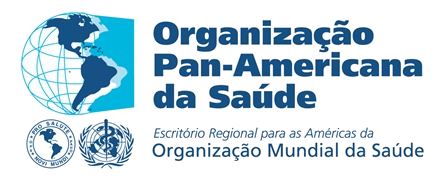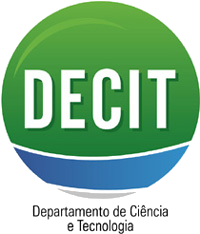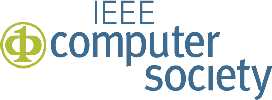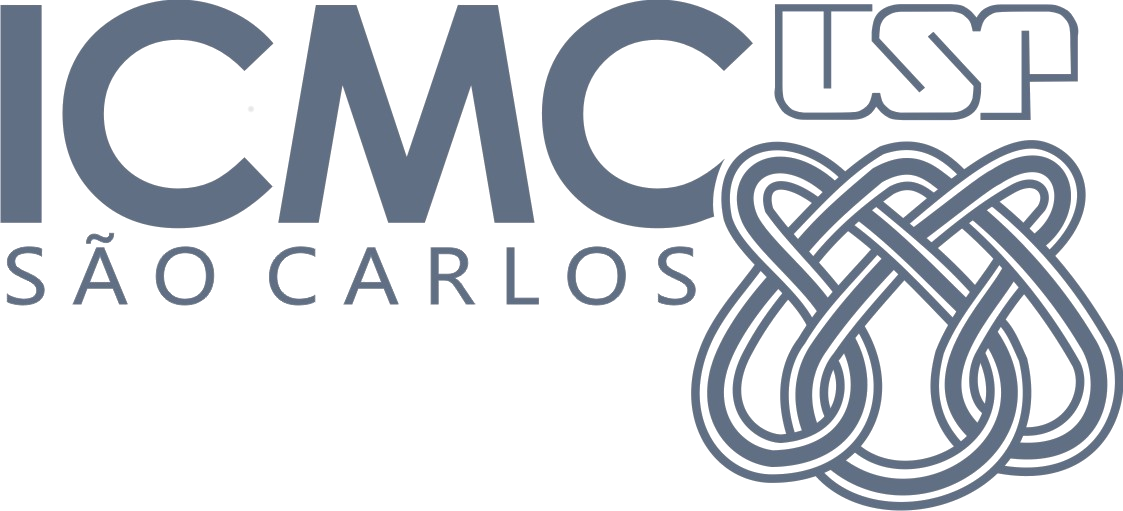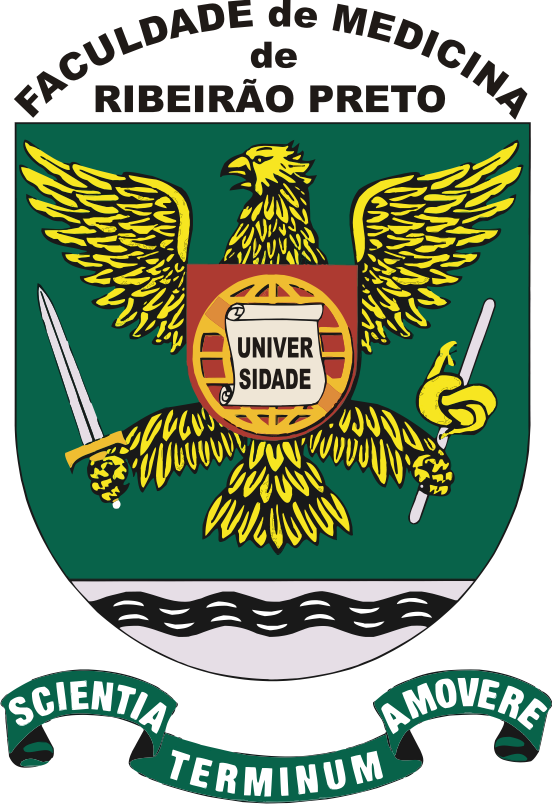IEEE CBMS Panel 2015
Translational Research: Priorities for Enabling Computer-Based Medical Systems
This panel is intended to offer CBMS 2015 attendees the opinion of expert researchers about the highest priority steps required to take the research from the lab to where it can really impact on health care, and also guide to focus the areas for future CBMS meetings. The invited researchers will share their expertise in CBMS theme areas, including:
- Image analysis and computational science,
- clinical research and health informatics, and,
- health policy
The panel presentations will be followed by a discussion and question-and-answers with the audience.
Panel Moderators: Sameer Antani and Rodney Long, National Library of Medicine/NIH/USA
Topics and Panel Members:
“Translational Research and Health Informatics”
Thomas M. Deserno
Department of Medical Informatics,
Uniklinik RWTH Aachen, Germany.
Abstract: Translational research applies findings from basic science to enhance human health and well-being. The phrase is used as acronym addressing the application of computer-based medical systems (CBMS) to patients, or – in terms of the NIH – from the (work) bench to bedside (B2B). However, there is a lack of software, protocols, and interfaces (infrastructure) supporting fast and efficient B2B translation. In the past, medical data has been seen from the point of view of a healthcare provider (e.g., a hospital), and HIS/PACS have been developed based on HL7/DICOM standards. Currently, a patient-centered view on health data is focused, and personal health records (PHR) are put in practice. However, a research-centered view on the medical data is still missing. As of today, clinical trials and (rare disease) registries data is collected separately from any medical information system. Developed for the Clinical Trial Center Aachen (CTC-A), we have contributed system architectures and interfaces, which are based on Web services to exchange information that is coded according to the Clinical Data Interchange Standards Consortium (CDISC) operational data model (ODM). Annotated image repositories with integrated image analysis support translational research with signal- and image-based biomarkers as well as comprehensive evaluation of medical image processing.
Bio: Thomas M. Deserno (born as Lehmann) received the Diploma in electrical engineering, the PhD in computer science, and the habilitation in medical informatics from the RWTH Aachen University, Aachen, Germany, in 1992, 1998, and 2004, respectively. Since 2007, he is full professor at Uniklinik RWTH Aachen, where he is leading the Image & Data Management Group at the Department of Medical Informatics. His research interests include medical image processing applied to quantitative measurements for computer-assisted diagnoses and medical research in controlled clinical trials, mobile health, as well as seamless workflow integration of image and signal analysis into the user’s workflow. He serves as Data Security Officer for the Clinical Trial center Aachen (CTC-A). Dr. Deserno is senior member of the Institute of Electrical and Electronics Engineers (IEEE) and the Society of Photo-Optical Instrumentations Engineering (SPIE), where he is member of the Program Committee of the annually International Symposium of Medical Imaging (both, CAD and PACS tracks). He serves on the International Editorial Boards of Dentomaxillofacial Radiology, Methods of Information in Medicine, World Journal of Radiology, GMS Medical Informatics, Biometry and Epidemiology (MIBE), Acta Informatica Medica, and he is Co-editor Europe of the International Journal of Healthcare Information Systems and Informatics. In 2015, he became Associated Editor of SPIE Journal of Medical Imaging.
“Policy, Practice, State of the Art and the Difficulty of Implementation”
Bridget Kane
Public Health and Primary Care, School of Medicine
Trinity College, Dublin, Ireland.
Abstract: When we consider the rate of technological development, and our general policy to utilize advances in technology to deliver the highest levels of care to patients; and when we look around us at the realities of how technology is regularly applied, a large gap or chasm is apparent between what we could do and what we are actually doing. Although policy may exist that strives to deliver advanced care services utilizing state of the art in technology, how can we account for the differences we know exist between what is, and what is possible? In this paper the role for CBMS in helping to bridge this gap between policies, applying state of the art technology to current practices is discussed.
Bio: Bridget Kane was awarded her PhD in Computer Science, following her analysis of the dynamics of multidisciplinary medical teamwork (MDT) and the use of ICT in 2008. Since then she has conducted applied research in the area of MDTs and their meetings. She is currently engaged in geographical analysis of resources and urgent and emergency care activity in Ireland, in the context of social deprivation, to examine if policy on social equity in the provision of service is being fulfilled. Before undertaking her PhD, Bridget worked as a Departmental Manager in a Pathology Laboratory and led the implementation of a Pathology Information System. She holds an MSc in Health Informatics and MSc Management (Organization Behaviour) as well as Fellowship of the Institute of Biomedical Sciences and Cytotechnologist Membership of the International Academy for Cytology.
“Imaging Informatics in Medicine”
Paulo Mazzoncini de Azevedo-Marques
Internal Medicine Department,
University of São Paulo (USP), School of Medicine, in Ribeirão Preto, SP, Brazil.
Abstract: Translational research is a research paradigm alternative to the dichotomy of basic research and applied research. Translational research usually moves in a bidirectional manner from one type of research to another—from basic research to patient-oriented research, to population-based research, and back—and involves collaboration among scientists from multiple disciplines. Translational research embraces a multidirectional and multidisciplinary integration of basic research, patient-oriented research, and population-based research, with the long-term aim of improving the health of the public. Imaging Informatics in Medicine is an important area for development of translational researches. So, the question that arises is how to explore the potential for developing translational research in a real medical imaging environment?
Bio: Paulo Mazzoncini de Azevedo-Marques is a full-time Associate Professor of Medical Physics and Biomedical Informatics with the Internal Medicine Department, University of São Paulo (USP), School of Medicine, in Ribeirão Preto, SP, Brazil. He received his B.Sc. and M.Sc. degrees in Electrical Engineering and his Ph.D. in Applied Physics from USP. He has previously worked on medical imaging quality control; since 1996, his researches are mainly focused on imaging informatics in medicine. He held a research associate position at the University of Chicago in 2001, where he worked on medical image processing for computer-aided diagnosis (CAD) and content- based image retrieval (CBIR), under the supervision of Professor Kunio Doi. He is the coordinator of the Medical Physics and Biomedical Informatics facility at the University Medical Center at Ribeirão Preto Medical School and he is the elected Vice-President of the Brazilian Health Informatics Association (SBIS) for 2015-2016 biennium.
“Data Challenges and Opportunities in Medical Analyses and Computational Science”
Richard McClatchey
FET – Computer Science and Creative Technologies,
University of the West of England, Bristol.
Abstract: The last decade has seen massive increases in computing power and data storage capacity enabling new applications that can handle increasingly complex and large volumes of data and images. Advances in network speed have enabled applications to be distributed over the web, providing the potential for improved resource utilization and on-demand sharing. Medical informatics is one domain where these technological advances can bring significant benefit both for scientific research and for day-to-day clinical provision. With the arrival of a deluge of digitized information resulting from advances in the medical domain, clinical research is faced with increasing problems of data management and provenance in data analysis. Over the past two decades, Grid and Cloud computing have emerged as infrastructures for supporting large-scale research in bio-medical domains. Emphasis has now shifted from the development of such infrastructures, to the provision of services through which medical researchers can access data and algorithms to facilitate their programs of research. Challenges persist in the areas of facilitating shared, (potentially distributed) large-scale analyses, in reproducibility of complex research workflows and outcomes, in the preservation of data sets and algorithms for collaborative study and in the fusion of heterogeneous data sets into usable information and knowledge.
Bio: Prof. McClatchey has been research active for the past 30 years and has led many projects funded by industry and by the EC in the areas of large-scale distributed data and process management, in data and meta-data modelling and in systems design and integration. Currently a Fellow of both the British Computer Society and the Institute of Engineering and Technology with a PhD in Physics (Sheffield, 1982) and DPhil in Computer Science (West of England, UWE 1999), McClatchey has published over 200 papers and has held the Chair of Applied Computer Science at UWE since 2000. His current research interest lies in Cloud data and knowledge management and particularly in their application in medical applications; he has developed considerable experience of collaboration with industry. He leads the Centre for Complex Cooperative Systems at UWE and is active in collaborative projects at CERN, and with many international partners in numerous EC projects including Health-e-Child, neuGRID/N4U and CRISTAL-ISE. He has chaired several international conferences and workshops during his 25 years at UWE, Bristol, he has over 20 postgraduate PhD/DPhil/MPhil completions to his name and has examined PhDs across Europe. Recently he contributed a chapter to a landmark book commemorating 60 years of technology transfer from CERN to European industry.
“Health Informatics and Industry”
Carolyn McGregor
Health Informatics,
University of Ontario, Institute of Technology, Canada.
Abstract: The effective use of Big Data enabled computer based medical systems have the potential to improve health outcomes and reduce costs and many believe that it has the potential to be the next most disruptive influence on healthcare since genomics. Research showing the potential use of Big Data for earlier condition onset detection and condition classification is emerging across many areas but to enable a disruptive impact systemic translational research approaches to create effective change in healthcare using Big Data platforms and techniques are needed. The Artemis project will be presented which is demonstrating a Big Data platform for real-time streaming analytics and temporal data mining in and out of the cloud in Canada, USA and China. Artemis and Artemis Cloud have been used to perform clinical research within many condition contexts in neonatal care and its application is now being pursued beyond critical care including its use for health monitoring on long range space flight. Translational research as it relates to Big Data enabled computer-based medical systems generally and the Artemis project specifically will be presented.
Bio: Professor Carolyn McGregor is the Canada Research Chair in Health Informatics at the University of Ontario Institute of Technology, Canada. Dr McGregor has led pioneering research in Big Data, analytics, event stream processing, temporal data stream data mining, business process modelling, patient journey modelling and cloud computing. In the 1990s she led two of the earliest business analytics implementations in Australia for one of the largest banks and the largest retailer. She now progresses her research within the context of critical care medicine, mental health, astronaut health and military and civilian tactical training. She has been awarded over $10 million in research, consultancy and infrastructure funding. She has led the establishment of two IT start-up companies internationally and has published over 130 research publications and 7 patents internationally. She has extensive collaborative relationships with healthcare organisations, researchers and industry in several countries around the world including Canada, Australia, USA, China and Ireland. In 2013 her Artemis project was awarded the Information Technology Association of Canada (ITAC) Ingenious Award in the Not for Profit Category. In 2014 she was awarded membership in the Order of Australia, general division, for significant service to science and innovation through health care information systems. She is regularly called upon by the media as an international specialist in health informatics and Big Data.



